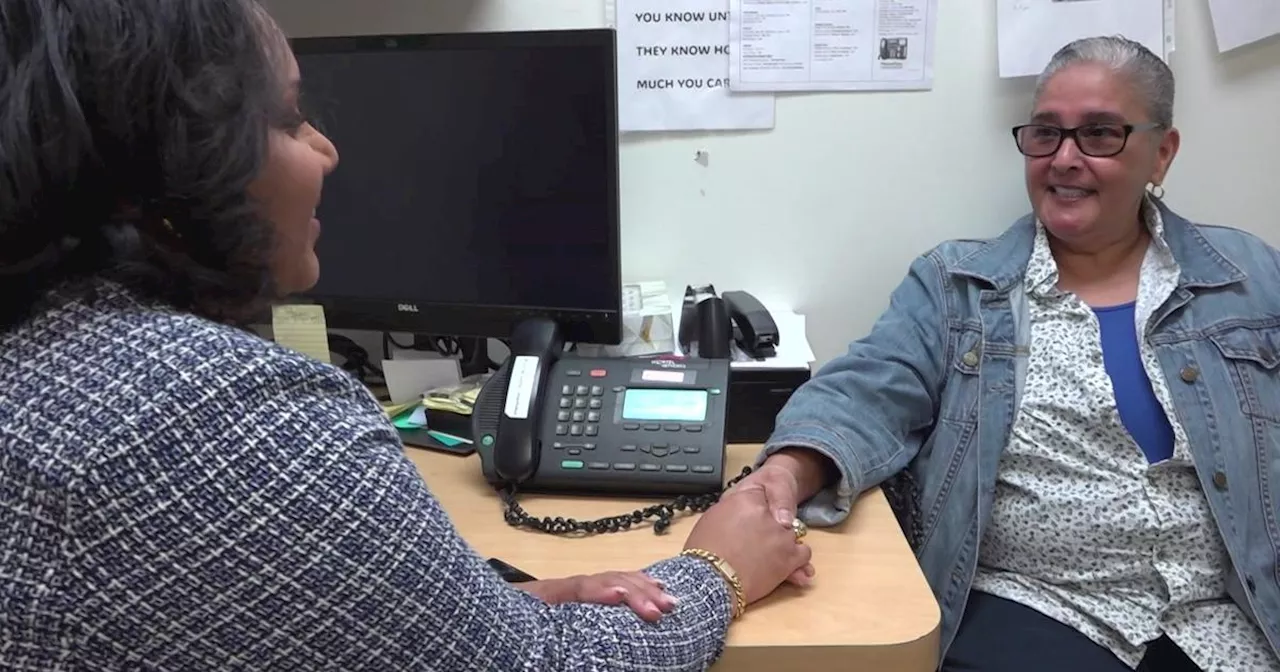Hear from Stanford Medicine Children's Health CEO Paul King as he delves into transformative pediatric cancer and health care innovations.
Welcome, everyone. I'm Dr. John Whyte, the chief medical officer at WebMD. For anyone who is a parent, their child's growth and success is a top priority. As parents, we want to maximize their physical health, but also their mental health.
We probably do a little better job of sharing in terms of the children's oncology group, in terms of what works and what doesn't. And so those better practices are adopted and implemented more quickly in children's space than you would see similarly in adult cancers. And you also see a concentration of children cancer providers, primarily at the larger children's hospitals.
Other part of your question, as we think about, how do we reform health care? And to your point, there have been many people who've tried unsuccessfully. When we think about health care reform in general and health care reform in children's health, specifically, I think it's a very daunting task. And so I think our challenge, particularly in children's health, is to make sure that kids at least get a fair shake.
So even though a kid or a family may have a Medicaid card, they are still having trouble gaining access. Centers like ours here at Stanford, we take all comers. So we don't really care, quite frankly, what their insurance card is, whether it's Blue Cross, or any other of the commercials, or Medicaid. We'll take care of that kid.
So here at Stanford, as well as many other organizations across the country, we have leaned into, how do we provide sort of support for our families in terms of making sure that once they receive the excellent care at our institutions, can they, then, leave us and go back home to a healthier environment, whether that be where they live is maybe subject to more air pollution than other parts of town?What we do is we work in partnership with community organizations.
So we can say that it's not our job, it's not our responsibility to do that, but as part of a community, and I think that's the magic here, we have to do that in partnership with others in the community.Absolutely. Those are fair points. I think part of it is also, as we think more nowadays about the social determinants of health, on the clinical side, that's not typically something that doctors have been trained in and that are thinking about first and foremost.
Stanford Medicine Children’S Health Cancer Pediatric Healthcare Social Determinants Transformative Medicine
United Kingdom Latest News, United Kingdom Headlines
Similar News:You can also read news stories similar to this one that we have collected from other news sources.
 Montefiore Health System's community health workers focus on social needs as part of health careMontefiore in the Bronx screened 200,000 people for social detriments of health, and found at least 20% have at least one social need.
Montefiore Health System's community health workers focus on social needs as part of health careMontefiore in the Bronx screened 200,000 people for social detriments of health, and found at least 20% have at least one social need.
Read more »
 Pediatric Mental Health Stable in Early in the PandemicThe mental health of children and adolescents was largely stable during the first year of the COVID-19 pandemic, but racial disparities in access to psychiatric care worsened.
Pediatric Mental Health Stable in Early in the PandemicThe mental health of children and adolescents was largely stable during the first year of the COVID-19 pandemic, but racial disparities in access to psychiatric care worsened.
Read more »
 Optimizing electronic health records: Study reveals improvements in departmental productivityResearchers identify transformative effects of electronic health record (EHR) optimization on departmental productivity.
Optimizing electronic health records: Study reveals improvements in departmental productivityResearchers identify transformative effects of electronic health record (EHR) optimization on departmental productivity.
Read more »
 1.8 million low-income Texans may see health coverage changes after Medicaid proposes redistribution1.8 million Texans with Medicaid coverage could lose their current health plans and be shifted to new insurers if Texas Health and Human Services stands by a recent decision to redistribute the contracts.
1.8 million low-income Texans may see health coverage changes after Medicaid proposes redistribution1.8 million Texans with Medicaid coverage could lose their current health plans and be shifted to new insurers if Texas Health and Human Services stands by a recent decision to redistribute the contracts.
Read more »
 Exercise changes the brain in a way that helps heart health, especially for people with depressionIt's common knowledge that exercise is good for your mental health and your heart health — and now a new study suggests that all three are working together.
Exercise changes the brain in a way that helps heart health, especially for people with depressionIt's common knowledge that exercise is good for your mental health and your heart health — and now a new study suggests that all three are working together.
Read more »
 Can Weight Loss Surgery, Medications, and Lifestyle Changes Improve Brain Health?Surgery, medications, and lifestyle changes can all help a person lose weight. But can they also improve brain health? Here's what to know.
Can Weight Loss Surgery, Medications, and Lifestyle Changes Improve Brain Health?Surgery, medications, and lifestyle changes can all help a person lose weight. But can they also improve brain health? Here's what to know.
Read more »
